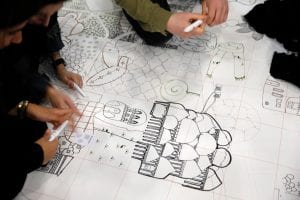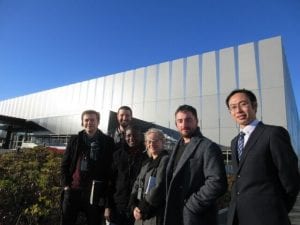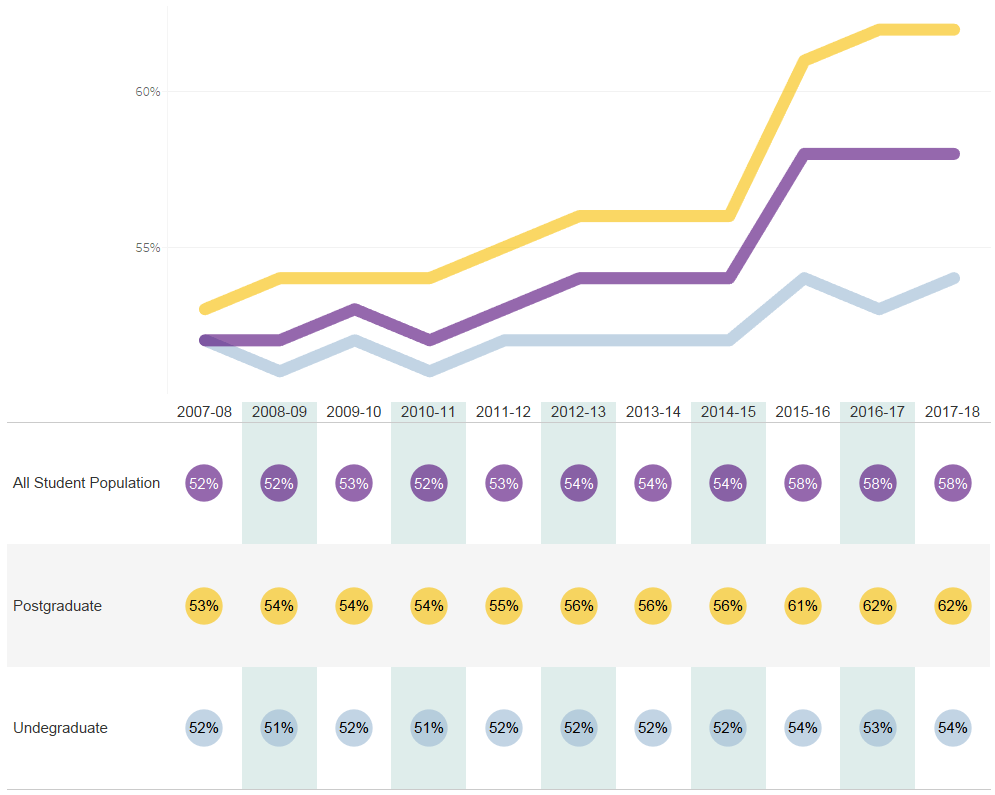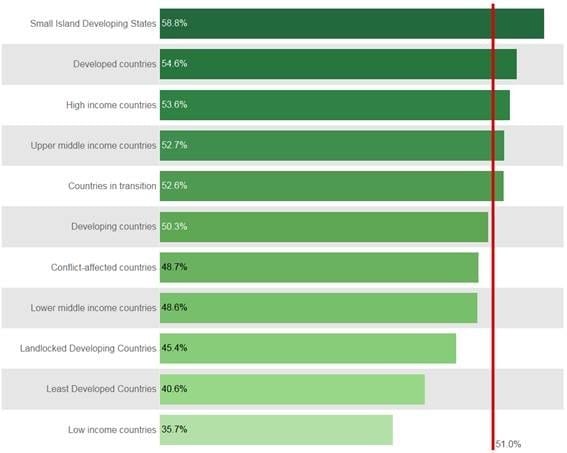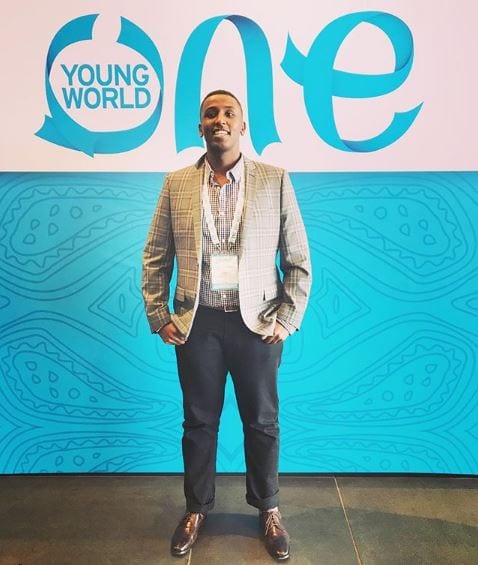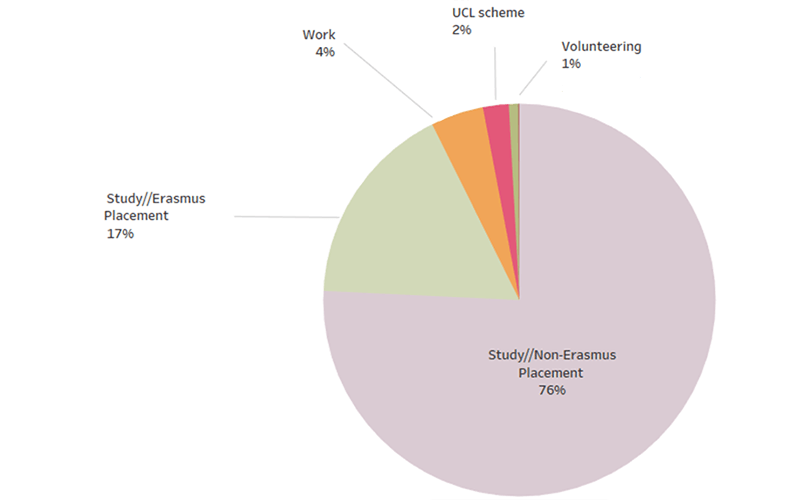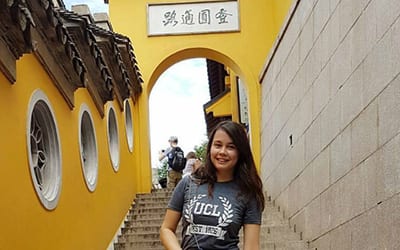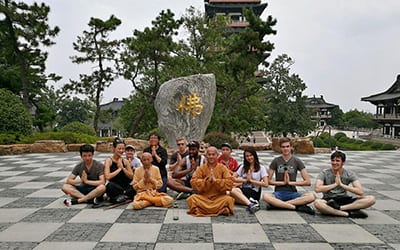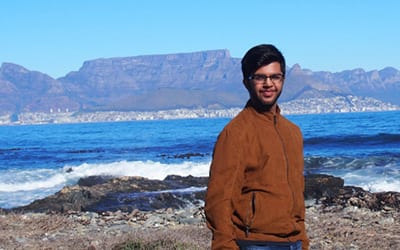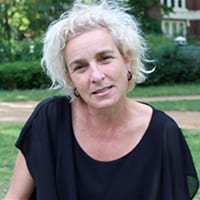Student interview: Studying to become a teacher of Mandarin in the UK
By ucypsga, on 10 July 2018
 Yingying Zhang and Lydia Hargreaves have just completed a year-long Mandarin Chinese PGCE at the UCL Institute of Education to become teachers of Mandarin in UK secondary schools.
Yingying Zhang and Lydia Hargreaves have just completed a year-long Mandarin Chinese PGCE at the UCL Institute of Education to become teachers of Mandarin in UK secondary schools.
The tuition on the course draws on the best current Mandarin teaching practice in UK schools through an established national network, coordinated by the UCL IOE Confucius Institute, a bilateral collaboration with Peking University (PKU) and the Affiliated High School of Peking University, supported by Hanban.
We spoke to them to find out about their experiences studying at UCL, and what comes next.
What made you decide to train as a teacher?
LH: Teaching is something I’ve always had a great interest in. I was home educated so I’ve been interested in looking at different ways of education; comparing how I was educated with other perhaps more mainstream options.
YZ: Before I moved to the UK about five years ago, I worked in China, teaching English. I realised I wanted to explore a different culture so I moved to see what the education system is like, and hopefully make a difference.
Your course is coming to an end – how have you found studying at UCL?
LH: The course has affirmed my identity as a Chinese speaker in a way which it never has been before. It’s something I totally didn’t expect, but having native-speaking friends who have accepted me as a Chinese teacher has given me a lot of affirmation. I worried it might lessen my confidence, but it’s actually built it up even more.
YZ: I found it absolutely amazing being able to study at UCL: meeting new students, discovering the culture of different schools on our placements and working with other teachers has been great.
What first attracted you to the course at UCL?
LH: Looking at my options when applying to become a teacher of Mandarin in the UK, UCL honestly seemed to be head and shoulders above the other options. It was kind of a no brainer for me.
Another really big draw was that I’d be learning about supporting bilingual learners and immigrants to the UK who are developing their English language skills in the UK system.
Yingying, what have you found the main differences to be between your teaching experience here, and in China?
In China, it’s very much teacher-led, while in the UK, it’s very much student-led. Here, almost everything is student-centric – we think from their perspective. In China, most of the time the students follow the teacher’s pace and instructions.
What’s been your course highlight?
YZ: I think the support from our tutors. They gave us such good guidelines. Every time they visited us at our placements it was really encouraging. The environment in each school is very different but with their support it made a huge difference. One of the biggest benefits has also been the encouragement to think outside the box – critically, originally and creatively.
LH: The sense of belonging and mutual support with the other people who were qualifying has been lovely. It was mostly native speakers of Chinese but also people like myself, and I felt really welcomed.
How does it feel to have both secured jobs in London secondary schools?
LH: It’s a really exciting time to be a teacher of Mandarin. The way in which Mandarin Chinese is being taught in the UK is still very much being shaped, and it’s great that in the years to come I can be really involved with that. It’s quite pioneering – many people from our course will be starting the teaching of Chinese for the first time in their schools.
YZ: The UCL IOE Confucius Institute played a very crucial role in helping us find jobs and my new job is from my first placement, at Harris Academy in South Norwood. Learning Mandarin is very new and popular, and I’m looking forward to helping more students get to know the language and Chinese culture.
 Close
Close



